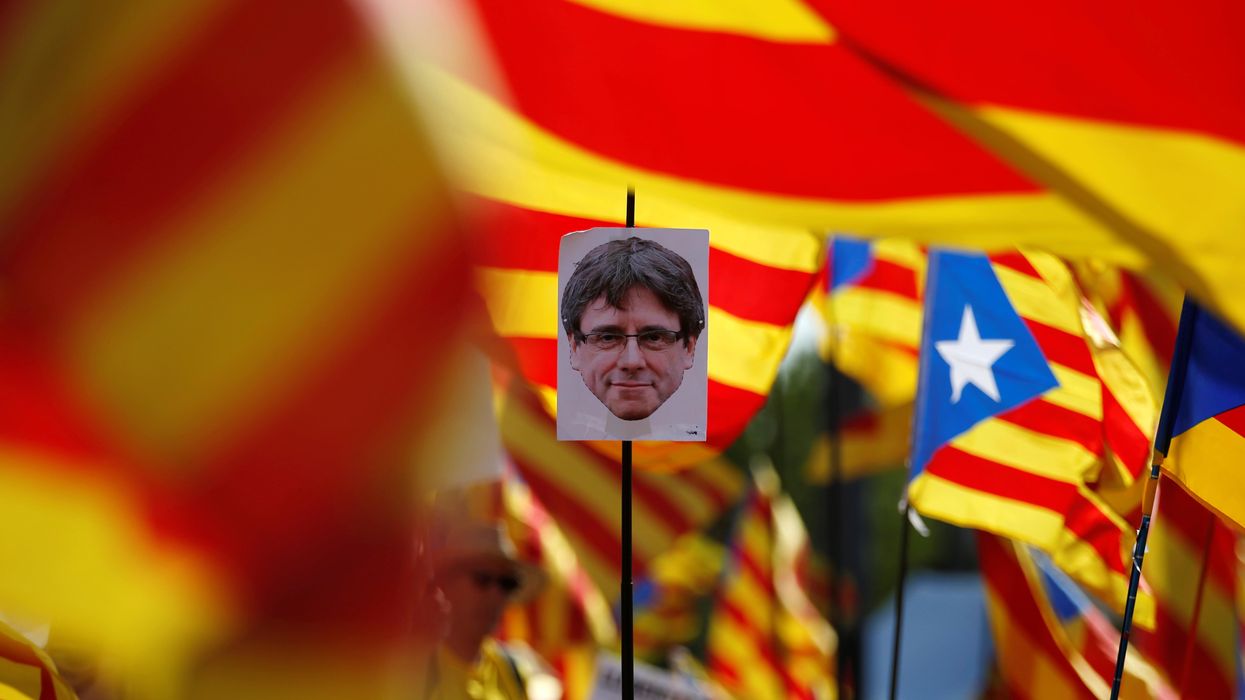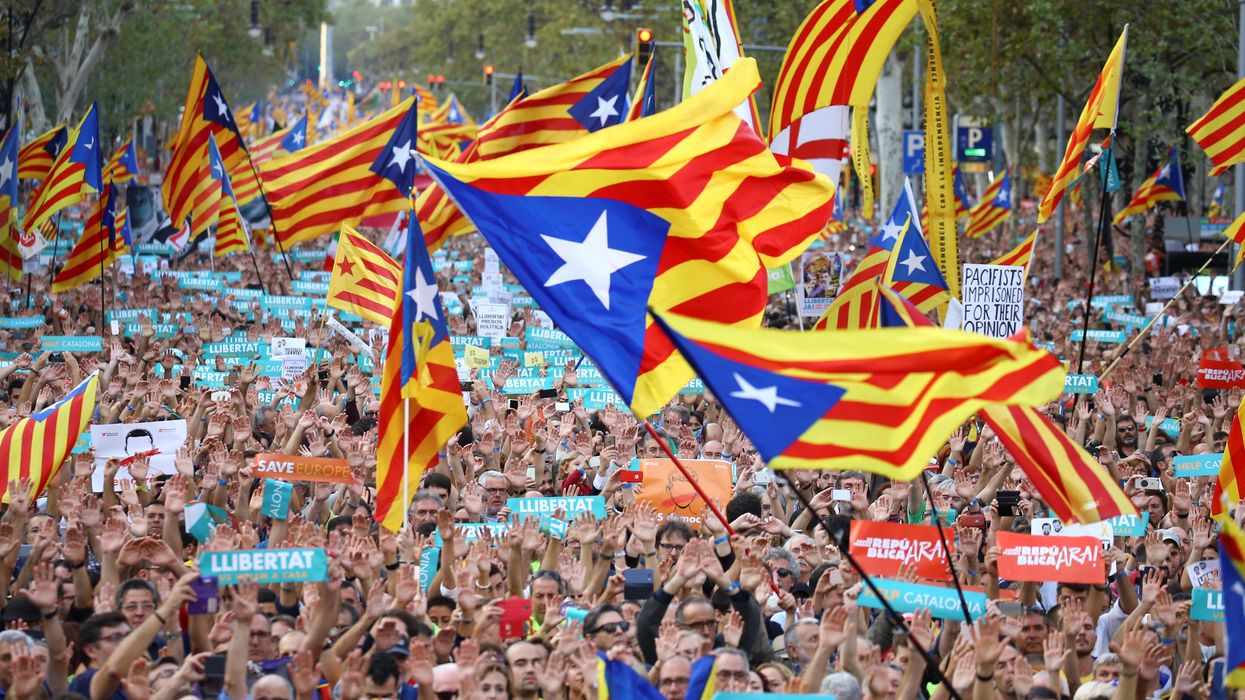Australia & Pacific
What We're Watching: Catalan separatist off the hook, Biden's special counsel, Oz-PNG deal, Czech election, nukes for South Korea?
Spanish justice gives up on Catalan fugitive; Oz & PNG working on security agreement; Czech elections — round one, fight! Plus, might South Korea develop nukes?
Jan 12, 2023


